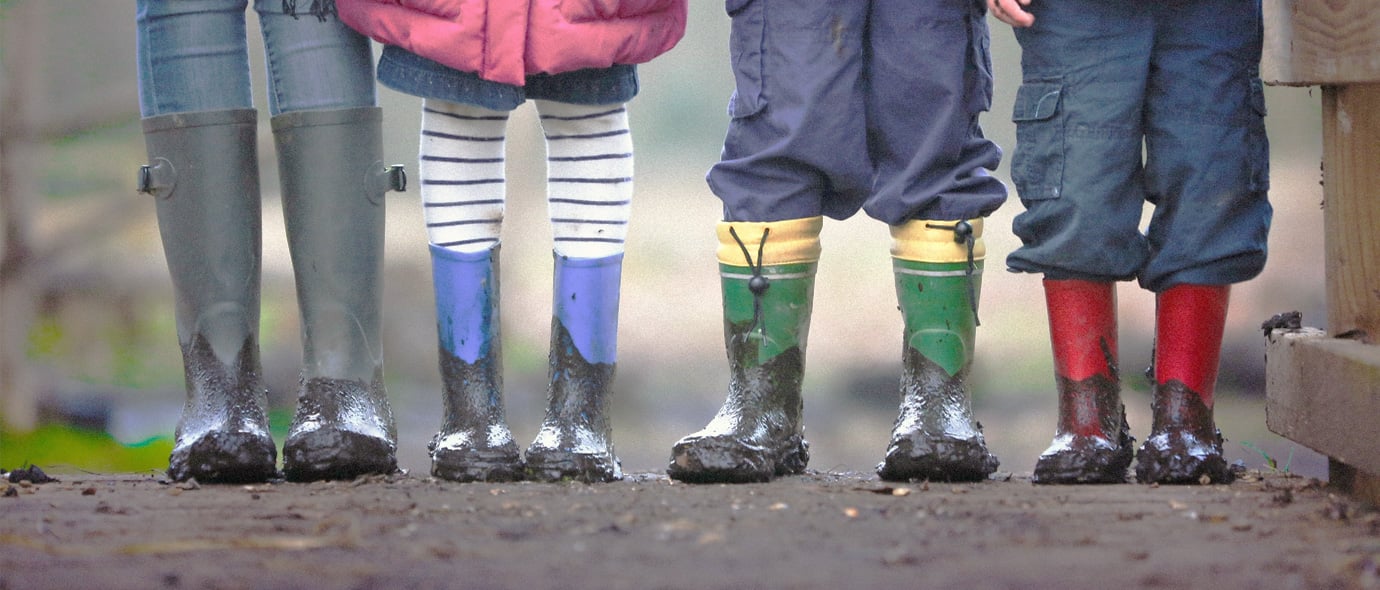
1. It's ok not to know everything
We often assume that the accumulation of degrees, practitioner certificates and professional development credits should equate to answers on almost everything. Should this be the case though? Great working environments encourage employees to listen, be curious, ask simple questions and learn from their mistakes. Just like kids!
2. Emotions are part of life
Tantrums, tears, happiness and sadness are integral parts of being human. Workplaces often become places where emotional expression is seen as a weakness and expectations for “acceptable behaviours” overtake human compassion. A good workplace is one that fosters human interaction. Where people feel free to be human and “open up” rather than “bottle up”, where emotion is seen as a crucial part of office culture.
3. Forgive and learn
Children have an incredible ability to forgive the mistakes of their parents, friends and peers. A handshake, an apology, a hug and an acknowledgement of a mistake are often enough for them to forgive. Great workplaces are those that support the translation of genuine, innocent errors to lessons and inputs for continuous improvement rather than reasons for punishment and isolation.
4. Nurture workplace human interaction
Early year centres and nurseries are probably amongst the loudest, most vibrant and colourful environments to be seen. They are hotbeds of human interaction, emotion and creative expression. Fast-forward a couple of decades and the same people may be sitting for the best part of their working day behind a screen, typing on a keyboard with little or in some cases, no human interaction. Human interaction is key to our workplace satisfaction. Great work environments recognise this and encourage where possible team members to be more “human” and less digital. Less email, more talk – less isolation, more real-life networking.
5. Small people, a lot of energy
As kids, we would run and play until literally out of breath. Playing was a huge part of our lives. And it was fun. As Meredith Van Vleet and Brooke Feeney concluded in their paper “play in adulthood”, play has a role in the workplace, albeit with special considerations compared to playing in general. Great teams are highly interactive, involve enthusiastic and “in the moment” attitudes and are fun. Play, creativity, social connection and a sense of fun can be a part of great workplaces and a way for teams to become stronger and more effective entities.
Allowing room for questioning, human expression, social connection and play shows employees that they are valued as humans rather than resources and helps them lead a more fulfilling life. In turn, they are more productive, focused, enthusiastic and collaborative. We should all learn from childhood and allow plenty of room for play, curiosity, forgiveness, interaction and energy at work. Lets’ learn from our kids, I dare us!
Author: Christos Pishias, Associate Director at Westco.
Our professional careers are based on chronological progression. We go to school to learn. Then University to learn more and specialise. And eventually, the starting pistol fires the start of our career marathons. What if we turn our learning clock back a 'few' years? At a time when learning and play as well as emotion and nurturing were part of our day to day lives. Can our kids’ lives provide us with lessons for today’s work? Looking at a child’s approach to life, here are five thoughts on working life we can take from our kids!
